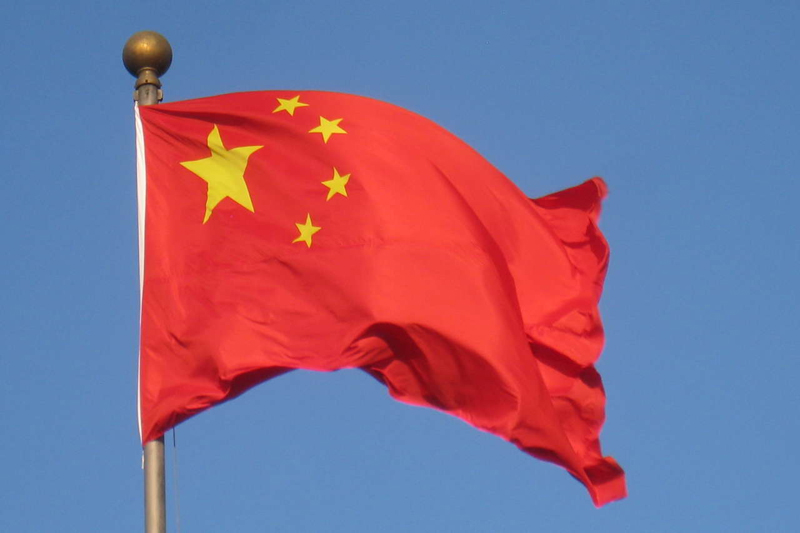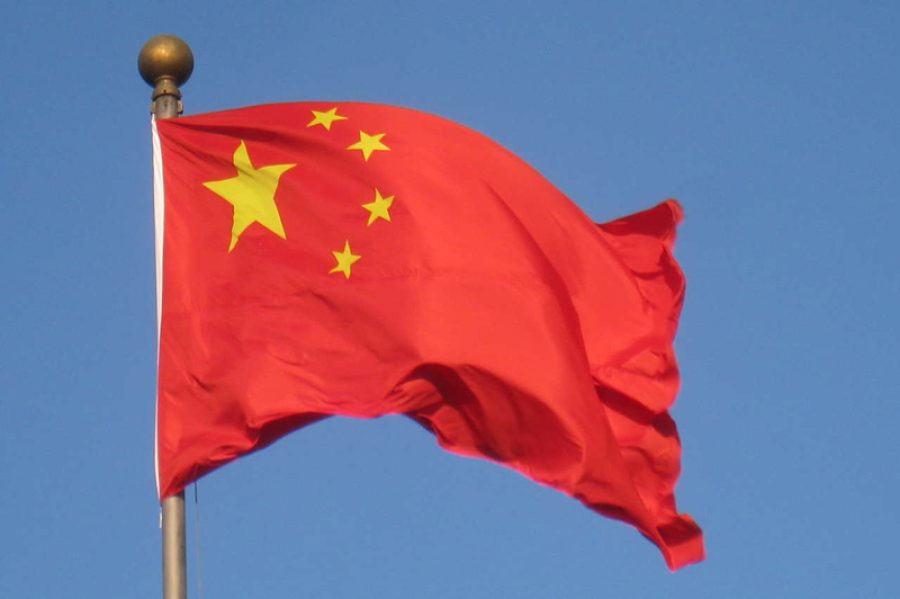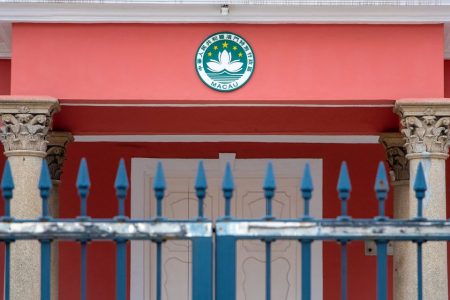Secretary for Administration and Justice Sonia Chan Hoi Fan reassured the public yesterday that the government-drafted national anthem bill – which is currently under review by a standing committee of the legislature – will not affect Macau’s press freedom after the bill becomes law.
Chan made the remarks while speaking to reporters after attending a committee meeting in the Legislative Assembly (AL).
According to The Macau Post newspaper Chan’s remarks came after the Macau Journalists Association had urged the government to withdraw a proposal in its local national anthem bill which states that the local authorities may request news media outlets to assist the government in launching its promotion campaigns for the national anthem.
The association made the appeal in a letter dated January 16 sent to Legislative Assembly President Ho Iat Seng. The letter was sent by the association to the local press Thursday.
The association said it worried that the proposal would negatively impact the special administrative region’s press freedom.
The Legislative Assembly (AL) passed in August last year the outline of the bill amending the existing local law on the use and protection of the national flag, national emblem and national anthem. The legislature’s 1st Standing Committee is currently reviewing the bill article-by-article.
The amendment bill “localises” the country’s National Anthem Law to be applied in Macau, following its inclusion in Annex 3 of the Macau Basic Law as one of the national laws to be applied in the special administrative region.
The amendment bill is commonly known as the local national anthem bill, as the bill primarily proposes amendments to rules concerning the national anthem listed in the existing local law on the use and protection of the national flag, national emblem and national anthem, and some additional new articles concerning the national anthem.
The country’s National Anthem Law was passed by the Standing Committee of the National People’s Congress (NPC) in Beijing on September 1, 2017, and took effect on October 1, 2017.
On November 4, 2017, the NPC Standing Committee adopted decisions to implement the National Anthem Law both in Hong Kong and Macau, the nation’s two special administrative regions. According to the decisions, the National Anthem Law was to be included in Annex 3 of the Hong Kong Basic Law and Annex 3 of the Macau Basic Law. Both annexes list the national laws, resolutions and regulations to be applied in the two autonomous regions.
According to the basic laws of Hong Kong and Macau, national laws shall not be applied in the two regions, except for those listed in Annex 3 of their respective basic laws.
Afterwards, the local government started the legislative process to draft related local legislation for the National Anthem Law to be applied in Macau – by proposing amendments to local Law No. 5/1999 which regulates the use and protection of the national flag, national emblem and national anthem. This local piece of legislation came into force on the Establishment Day of the Macau Special Administrative Region (MSAR) on December 20, 1999.
Local Law No. 5/1999 states that the nation’s symbols – the national flag, national emblem and national anthem – are to be respected and protected.
According to Article 9 (1) of the law, blatant insults or disrespect to a national symbol (the national flag, national emblem and national anthem) are punishable by a fine or up to three years’ imprisonment. According to Article 9 (2.2), the act of maliciously not following the score or modifying the lyrics when playing the national anthem constitutes disrespect to a national symbol.
Among the various proposed amendments, the bill states that when the national anthem is performed and sung, those present shall stand and deport themselves respectfully, and must not disrespect the national anthem. The bill also proposes amendments to Article 9 of the existing local Law No. 5/1999.
The proposed amendments state that the act of altering the lyrics or the score of the national anthem, or performing or singing the national anthem in a deliberately distorted or derogatory manner shall constitute a blatant insult to a national symbol.
The bill proposes several other new articles to be added to the law, including a proposal in which the national anthem is to be included in secondary and primary education. The bill also proposes that the local government may request news media outlets to assist the government in launching its promotion campaigns for the national anthem. The bill does not propose any penalties concerning this rule.
When asked by reporters whether the government would consider withdrawing the proposed article concerning local media companies’ requirement to assist the government in launching its national anthem promotion campaigns, Chan said that local media companies need not worry about the proposal and should not over-interpret the proposal.
Chan said that the article meant that the task of carrying out the national anthem promotion campaigns rests with the government and that news media would merely have an “assisting role” in the matter.
Chan said that the article was not about any compulsory requirement imposed on local media outlets and that the bill did not propose any penalties concerning the rule. She said that consequently the article would not have any adverse impact on Macau’s press freedom.
The policy secretary said the intent of the article was that the government hoped that it and Macau’s news media companies would jointly engage in the national anthem promotion campaigns in a proper way, which would help residents become more passionate about their nation.
Chan said that the current practice for the government and local media firms to jointly engage in national anthem promotion campaigns would remain unchanged once the national anthem law takes effect in the future.






